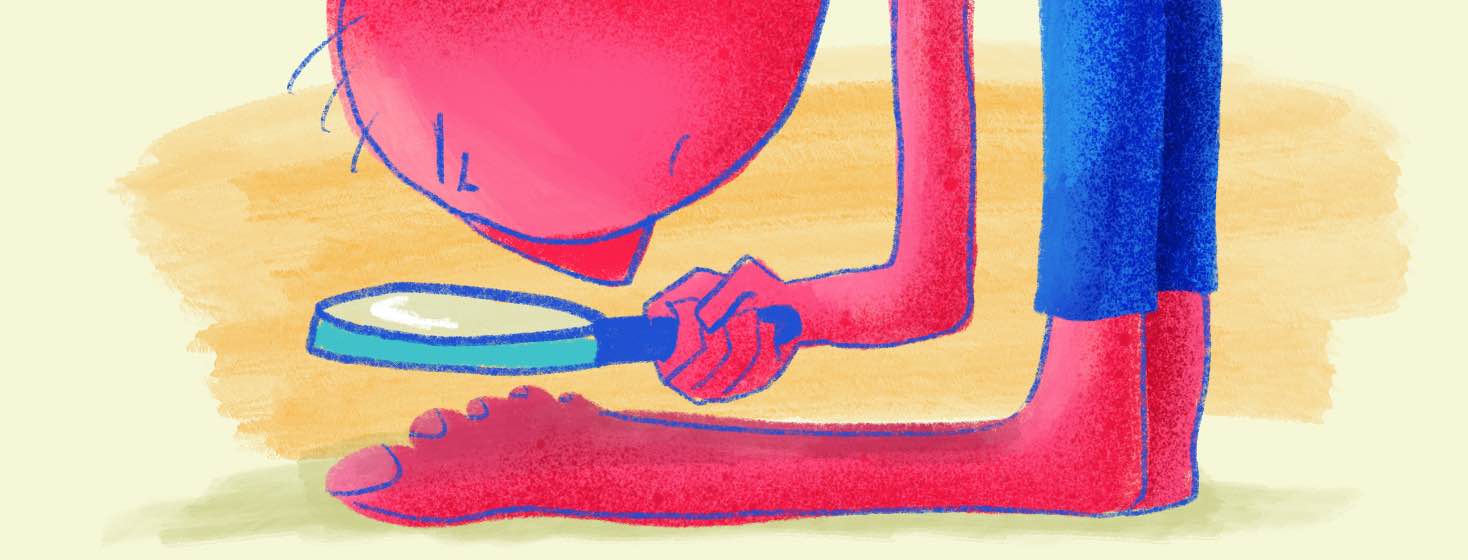I Got It Where? Unusual Places for Skin Cancer
Most of us realize that skin cancer appears on places where UV rays caused damage. Many get skin cancer on their face, neck, ears, legs, and hands. And while you are aware that sunscreen helps prevent skin cancer, there are places that never see the sun that have skin cancer. Here is more on unusual places for skin cancer: why it happens, where it happens, and what you can do to prevent it.
Where skin cancer is usually found
Skin cancer is an abnormal growth of skin cells and there are three types. These are melanoma, squamous cell carcinoma, and basal cell carcinoma. People usually find skin cancer in areas exposed to the sun. Those who have sun damage may find skin cancer on their face, neck, hands, and feet. In fact, any area exposed to harmful UV rays has a chance of developing skin cancer. Yet for some people, there are places where the "sun don't shine" and this can be surprising to anyone who has it.
Unusual places for skin cancer
Some of the more unusual places include the palms of the hands and the soles of the feet. Some even get skin cancer underneath the fingernails or toenails. Sounds pretty surprising, right? And even more shocking is that the genitalia isn't immune to a skin cancer diagnosis. Now you might think that this is due to using a tanning bed. While that is possible, some people develop skin cancer in areas that have never been exposed to the sun or tanning beds. So, why does this happen?
What role do genetics play?
Like with other cancers, damaged or altered genes can lead to skin cancer. One genetic change isn't enough to cause cancer, but the more sequences of negative events, the more likely skin cancer can be to occur. Being exposed to the sun's harmful rays is just one of those negative events. It may take years and multiple events to cause enough damage to trigger skin cancer, but it is possible to get it anywhere - even in the areas that don't see the light of day. Sometimes it's as simple as the genes you inherited. If you do have a family history of melanoma, this is all the more reason to protect yourself from other triggers.
What about sunscreen?
Sunscreen is crucial. Not only does it protect the exposed areas of your skin, but it also minimizes damaged or changed genes, so you have fewer hits or triggering events. Wearing sunscreen protects you better all over your body, not just those that are in sunlight.
The good news
The good news is that skin cancer in these places is rare. But the important takeaway is that if you find a troublesome spot, don't ignore it just because it's in an unusual place. Rare doesn't mean that it doesn't happen. You cannot automatically assume that it's not a skin cancer so be sure to have it checked out as soon as possible.

Join the conversation